 CRG International PhD Fellowships Programme 2024
CRG International PhD Fellowships Programme 2024

Apply for a PhD @ CRG
| Eligibility criteria | How to apply | Selection process | CRG PhD call timeline | Fellowships Available | Workshops | Contact
Apply now to boost your scientific career at the Centre for Genomic Regulation (CRG) in Barcelona. The CRG is a center of excellence with international teams representing a broad range of disciplines, with first-class core technologies to support the research projects, a wide range of seminars given by high-profile invited speakers, and courses on complementary and transferable skills integrated with the training programme.
Scroll down to learn more about our 17 fully PhD fellowships
On the application form, you will be able to indicate up to two opportunities for which you wish to be considered.
Are you ready to prepare an outstanding application?
Join us online for tips and to get answers to your questions.
Friday, 15th December 2023 3pm CET
In this call, we offer 17 fully funded PhD fellowships in the following CRG labs:

AL JORD LAB
Biomolecular Condensates | Cytoskeletal & Nuclear Dynamics | RNA Processing | Advanced (Live) Microscopy | Spatial Transcriptomics | Mechanobiology
Our Research
The “Mechanics of Organelle Remodeling” group’s interdisciplinary research aims to decipher how cytoskeletal forces impact nuclear dynamics across scales in health & disease, with a focus on the mechano-regulation of nuclear biomolecular condensates & RNA-processing.
Who are we looking for?
We are looking for aspiring scientists who are curious, creative, and driven by cross-disciplinary research in biology. Trained in Cell Biology, Molecular Biology &/or Biophysics, the candidate must also have solid interests in multiplexing, (live) imaging, spatial transcriptomics, & mechanobiology.

MARTINEZ LAB
Gene Regulation | Signal Transduction | Non-Linearities | Statistical Mechanics | Deep Learning
Our Research
The group is interested in general and fundamental principles governing signal transduction and gene regulation in eukaryotic cells, which we uncover using a combination of mechanistic mathematical modelling and experimental data analysis from the literature or collaborators. We are based at the Barcelona Collaboratorium.
Who are we looking for?
A researcher with a quantitative background (physics, mathematics, engineering or related areas) who is fascinated by how collections of molecules lead to living cells and organisms. Some experience programming and modelling, preferably living systems, is required.

SEBE-PEDROS Lab
Comparative Transcriptomics | Genome Evolution | Population genomics | Cis-Regulatory Evolution | Phylogenetics
Our Research
We study the origin and evolution of cell type programs and associated genome regulation mechanisms: transcription factors, 3D chromatin architecture, histone modifications, and more. To this end, we combine single-cell genomics, chromatin profiling, and phylogenetic comparative methods in diverse animals and unicellular eukaryotes.
Who are we looking for?
We are looking for candidates broadly interested in evolutionary biology, gene regulation, and comparative genomics; and with a background in genetics, functional genomics and/or computational biology.

MARTIN LAB
Computational Modelling | Evolutionary processes | Fitness Landscapes | Genotype-Phenotype Maps | Molecular Structures
Our Research
Nora Martin’s group at the Collaboratorium is building computational and theoretical models to gain a better quantitative understanding of variation, for example, mutational changes in molecular structures, and investigate the interplay between variation and selection in evolutionary processes.
Who are we looking for?
A highly motivated researcher with a background in physics, mathematics (or another discipline with a strong emphasis on theory and computational modelling) to apply their skills to the fascinating field of evolutionary processes across biological scales.

RODRIGUEZ LAB
Repetitive DNA | Genomic Variation | Functional genomics | Population Genetics | Cancer Genomics | Computational Biology
Our Research
Our team investigates how diverse repetitive DNA classes shape the genome of humans and other species, acting as a source of genetic variation and functional elements. We address this question using multiomic sequencing technologies, computational methods development and application to large datasets.
Who are we looking for?
An enthusiastic, proactive and eager to learn researcher interested into developing a PhD on computational biology. The ideal candidate should have knowledge on how genomes operate, besides programming skills, including Python and Bash scripting.

BEEKMAN LAB
Lymphoma | Epigenetics | 3D Chromatin Structure | Translocations | DNA Methylation
Our Research
Our lab focused on the understanding of normal B-cell differentiation and lymphoma formation from the perspective of 3D chromatin structure, DNA methylation and heterogeneity in healthy and pre-malignant cell populations.
Who are we looking for?
We are looking for an enthusiastic candidate with a wetlab background of at least 1 year in the field of molecular biology and epigenetics with the interest to pursue a wetlab-oriented project.
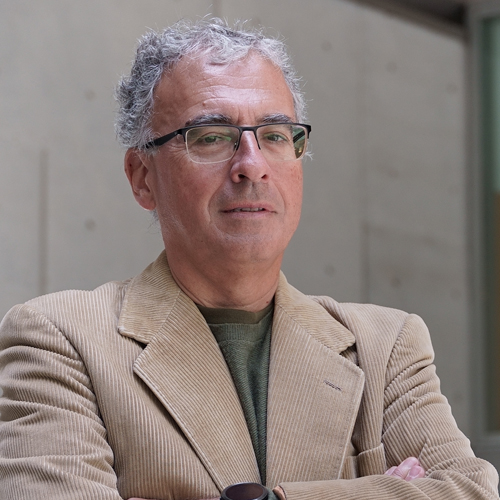
GUIGÓ LAB
Transcription Regulation | Syntactic and Semantic Patterns in the Genome Sequence | Computational Biology | Bioinformatics | Statistics | Evolution Gene Expression
Our Research
Our lab is interested in understanding the genetic and epigenetic factors that regulate transcription, and the relationship between transcriptomes and phenotypes. The lab is also interested in the understanding of the syntactic and semantic patterns in the genome sequence that define genes, and in developing methods to predict genes in the genomes of eukaryotic species.
Who are we looking for?
We are looking for a highly motivated researcher with a background in computational biology and bioinformatics. Familiarity with basic evolutionary and molecular biology concepts, and good statistical (data analysis) and programming skills are a must. Familiarity with mathematical and quantitative approaches is preferable.
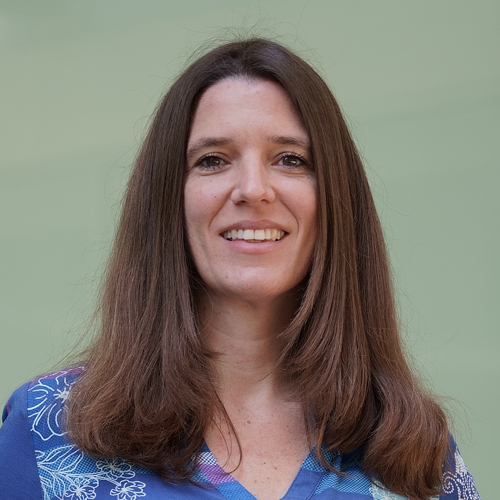
WEGHORN LAB
Cancer Genomics | Human Evolution | Probabilistic Models of Evolution | Selection Inference | Mutational Processes
Our Research
The "Evolutionary Processes Modeling" group, led by Dr Donate Weghorn, is interested in the quantitative modeling of mutational processes in DNA sequences of both cancer tumors as well as the human germline. We use these mutation probabilities to identify genomic loci that cause cancer or human diseases by comparing the observed mutations to models of neutral evolution.
Who are we looking for?
We are looking for a highly motivated candidate with an educational background in physics, mathematics, statistics or other quantitative sciences and a strong interest in biology and evolution.
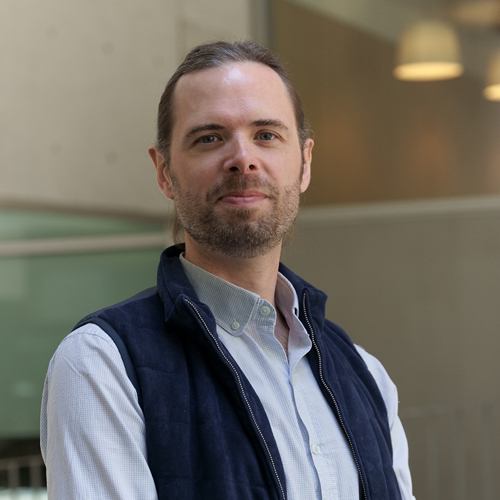
STROUSTRUP LAB
Aging | Systems Biology | Molecular Genetics | Computational Biology
Our Research
Our group studies the molecular origins of aging, working to understand how functional declines at the molecular level can lead to emergent aging phenotypes at the organismal-level. We ask questions like: why do some individuals live longer than other? Why do point mutations in the insulin receptor double lifespan? We are an interdisciplinary group, combining experimental methods taken from functional genetics, systems biology, and CRISPR genome editing with a variety of statistical and phenomenological modelling techniques.
Who are we looking for?
We are looking for two types of candidates 1) wet-lab researchers interested in studying the molecular genetics of aging using a variety of quantitative techniques 2) computational biologists interested in applying bioinformatics tools to ask questions inspired by statistical physics.

COSMA LAB
Stem Cell | Regeneration | Retina | Chromatin | Super Resolution Imaging | Computational Science
Our Research
The main interests of our group are to dissect mechanisms and factors controlling cell fate transition and tissue regeneration from the single cell to the whole organ level. We use a variety of techniques including super-resolution microscopy to study the spatial chromatin arrangement in somatic and stem cells.
Who are we looking for?
We are looking for students excited to discover fundamental and curiosity-driven questions within the area of interest of our group.

VELTEN LAB
Single Cell Genomics | Deep Learning | Bioinformatics | Stem Cells | Gene Regulation | Ageing
Our Research
The Velten lab uses single-cell and synthetic genomics, high-throughput genetic screens and artificial intelligence to study the genomic regulation of differentiation programs in hematopoietic and leukemic stem cells. Currently, important topics in the lab are clonal dynamics in blood during ageing, as well as the genomic encoding of differentiation programs.
Who are we looking for?
We are looking for a motivated PhD student in bioinformatics with an interest in single cell genomics and/or deep learning approaches. Prior experience in bioinformatics is required.
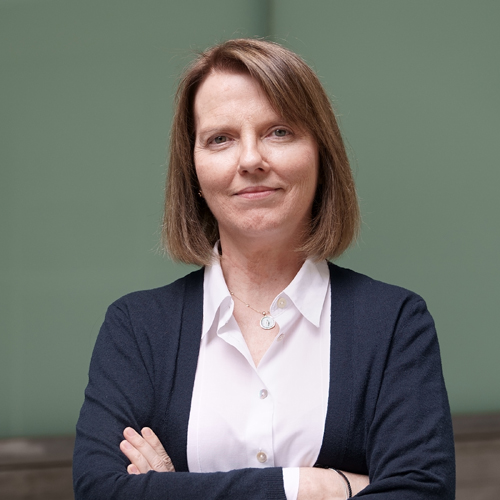
VERNÓS LAB
Cytoskeleton | Microtubules | Cell Division | Cancer | Aneuploidy
Our Research
The Vernos Group aims to understand how the bipolar spindle segregates faithfully the chromosomes during mitosis and meiosis and the mechanisms that may be at stake in pathologies such as infertility and cancer.
Who are we looking for?
We are looking for a highly motivated researcher with a background in cell and cancer biology and solid skills in quantitative cell biology and advanced optical microscopy methods.
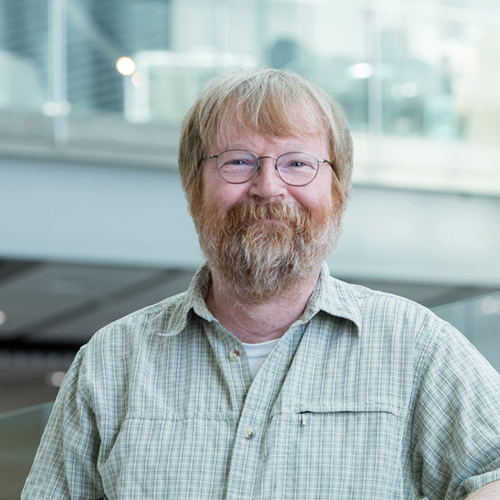
SURREY LAB
Cytoskeleton | Self-organization | Molecular crowding | Phase separation | Microfabrication | Fluorescence Microscopy | Molecular Motors
Our Research
The 'Intracellular Self-Organization Group' headed by Dr Thomas Surrey aims to understand from a biochemical and physical perspective how human cells organize their dynamic intracellular architecture, focusing on the microtubule cytoskeleton.
Who are we looking for?
A highly motivated researcher who is trained in biochemistry and/or biophysics. The ideal candidate has a strong interest in understanding biological questions at a mechanistic level and enjoys developing new experimental approaches.

BÖKE LAB
Oocyte | Longevity | Metabolism | Proteostasis | Fertility
Our Research
Poor oocyte quality accounts for the majority of female fertility problems, however, we know little about how oocytes can remain healthy for many years or why their health eventually declines with advanced age. World-wide data show that more than 25% of female fertility problems are unexplained, pointing to a huge gap in our understanding of female reproduction. Our lab strives to help fill this gap by studying immature oocytes.
Who are we looking for?
If you are enthusiastic to discover the strategies that enable a cell to evade ageing for decades, join us! Experience with animal handling is a plus.
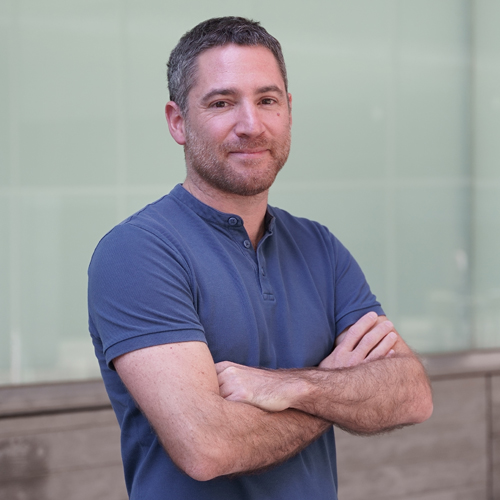
IRIMIA LAB*
Single Cell RNA-seq | Comparative Transcriptomics | Gene Regulatory Networks | Alternative Splicing | Evolutionary Medical Genomics | Diabetes
Our Research
The "Transcriptomics of vertebrate development and evolution" group, headed by Dr Manuel Irimia, investigates how changes in transcriptomes can lead to evolutionary innovations as well as to disease states and susceptibilities.
Who are we looking for?
We are looking for a candidate interested in applying evolutionary approaches and concepts to understand human biology and disease. Previous experience in transcriptomic analyses and bioinformatics will be highly valuable.
* M. Irimia has a double affiliation UPF/CRG
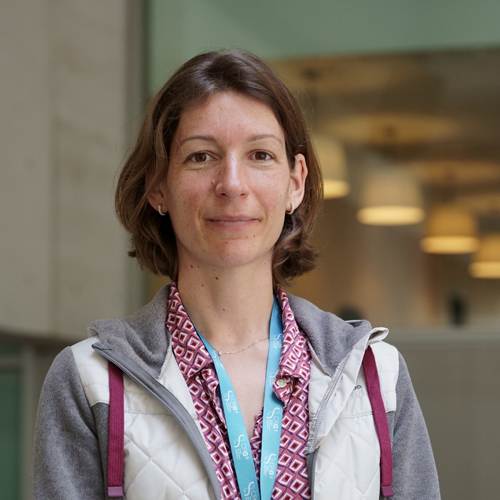
BAUD LAB
Gut Microbiome | Horizontal Gene Transfer | Microbiome Transmission | Metagenomics | Evolutionary Medical Genomics
Our Research
A key interest of our group is to understand host-microbiome interactions. In particular, we study the factors that influence the gut microbiome, including genetic effects from the host and microbiome exchanges between socially interacting hosts.
Who are we looking for?
We are looking for a proactive candidate with a computational background (python and/or R). Prior knowledge in (meta)genomic data analysis is desirable but not compulsory if you are eager to learn.
This position will be cosupervised by Mireia Valls-Colomer tenure-track group leader at Pompeu Fabra University (UPF).
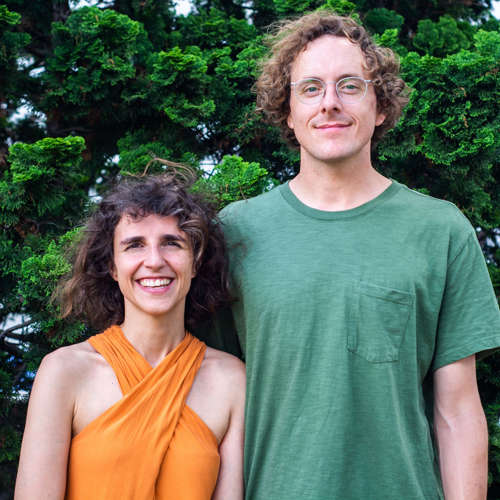
DIAS & FRAZER LAB
Evolutionary Medicine | Deep Learning | Rare Disease | Common Disease | Conservation Genomics | Bayesian Statistics | Generative Modelling | Variant Effect Prediction
Our Research
The Probabilistic Machine Learning and Genomics Group, co-led by Mafalda Dias and Jonathan Frazer, develops models of the effect of genetic variation on the health of humans and other species. The primary goal is to develop tools which can aid in diagnosis, preventative care, and discovery of the genetic underpinnings of disease. We study the full spectrum of rare and common diseases and build models ranging in scale from single proteins to whole genomes. We are a 100% computational group using techniques from deep learning, Bayesian statistics, comparative genomics and population genetics.
Who are we looking for?
We are looking for someone who loves model building and is keen on studying disease from an evolutionary perspective. This position is part of a joint project in collaboration with the Transcriptomics of Vertebrate Development and Evolution Group, headed by Manuel Irimia. Experience in statistics, deep learning, or transcriptomics is desirable but not essential.
Eligibility criteria
Candidates should fulfill the following eligibility criteria at the time of the call deadline. If it becomes clear before, during, or after the evaluation phase that one or more of the eligibility criteria have not been fulfilled, the proposal will be declared ineligible and withdrawn from further examination.
- The call is open to candidates of any nationality.
- Candidates must have obtained a University Bachelor's Degree and a Master's Degree in biomedical sciences within the European Higher Education System (minimum 300 ECTS) or an equivalent University Degree that allows to start a PhD thesis in Spain. Candidates who expect to be awarded with such a degree by September 2024 are eligible to apply.
- Candidates must have an excellent academic record, previous research experience, and a strong commitment to scientific research.
- Candidates must have a high working knowledge of English.
- Candidates invited to previous CRG PhD call interviews are not eligible.
- Candidates performing their Masters at the CRG are not eligible.
- Candidates may not have worked at the CRG for more than 3 months before the call deadline.
How to apply
- Applications must be submitted online - no applications by email will be considered.
- Candidates must register in order to use the online application system.
- The online application form requests all of the necessary information for the initial stages of the selection process (General information, education, academic transcripts, scholarships, prizes and awards, research experience, scientific interests and reference letters).
- If the academic transcripts are not in Catalan, Spanish or English applicants should also attach a translation in one of the above-mentioned languages.
- Two reference letters will be automatically requested from the referees proposed by the candidate through the online system.
- Applicants should select a maximum of 2 CRG labs in which they would like to start a PhD.
- Candidates must ensure that all information and documents are included before the deadline, including the reference letters. Incomplete proposals will not be considered.
Once the application is submitted, an acknowledgment of receipt will be automatically sent by e-mail to the applicant.
For any additional information, please check the FAQs.
Selection process
The selection of the fellows will be based on the candidates' academic qualifications and research excellence.
- Pre-selection: The pre-selection will be based on the candidate's application, reference letters, research interests, motivation, and fit to the selected labs. If the candidate is pre-selected, she/he will be invited to an online panel interview via Zoom on the 29th of January 2024. If successfully passes the panel interview, the candidate will be invited to Barcelona for the presential interviews.
- Presential interviews: The interviews will take place from the 5th to the 7th of March 2024 at the CRG in Barcelona. Accommodation and flight tickets will be provided. Please be aware that during all those days, interviews and presentations will take place. Full details regarding the interview process will be sent to invited candidates.
- Notification to candidates: Offers will be made to the successful candidates shortly after the interview. Successful candidates would be expected to start the PhD latest by October 2024.
CRG PhD Call Timeline

Fellowships available
Workshops
We are organizing two online events to discuss what to take into consideration when looking for a PhD position. These workshops will be delivered by the Training & Academic Office (TAO).
To participate in the event registration is needed.
ONLINE WORKSHOP - Envision Your Research Future – How to choose a lab for your PhD & CRG opportunities
Contact
For any additional information, please contact the CRG Training & Academic Office at: training@crg.eu
